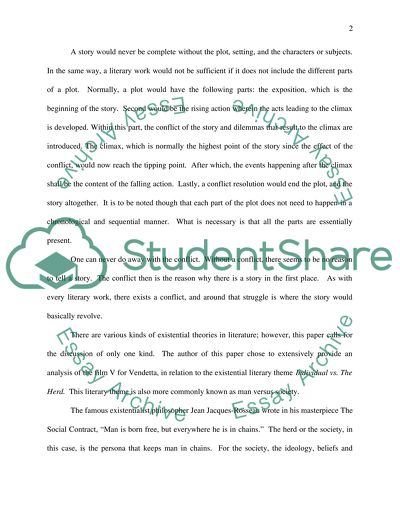Cite this document
(“Existential themes in the movie V for Vendetta Essay”, n.d.)
Retrieved from https://studentshare.org/environmental-studies/1420454-existential-themes-in-the-movie-v-for-vendetta
Retrieved from https://studentshare.org/environmental-studies/1420454-existential-themes-in-the-movie-v-for-vendetta
(Existential Themes in the Movie V for Vendetta Essay)
https://studentshare.org/environmental-studies/1420454-existential-themes-in-the-movie-v-for-vendetta.
https://studentshare.org/environmental-studies/1420454-existential-themes-in-the-movie-v-for-vendetta.
“Existential Themes in the Movie V for Vendetta Essay”, n.d. https://studentshare.org/environmental-studies/1420454-existential-themes-in-the-movie-v-for-vendetta.


